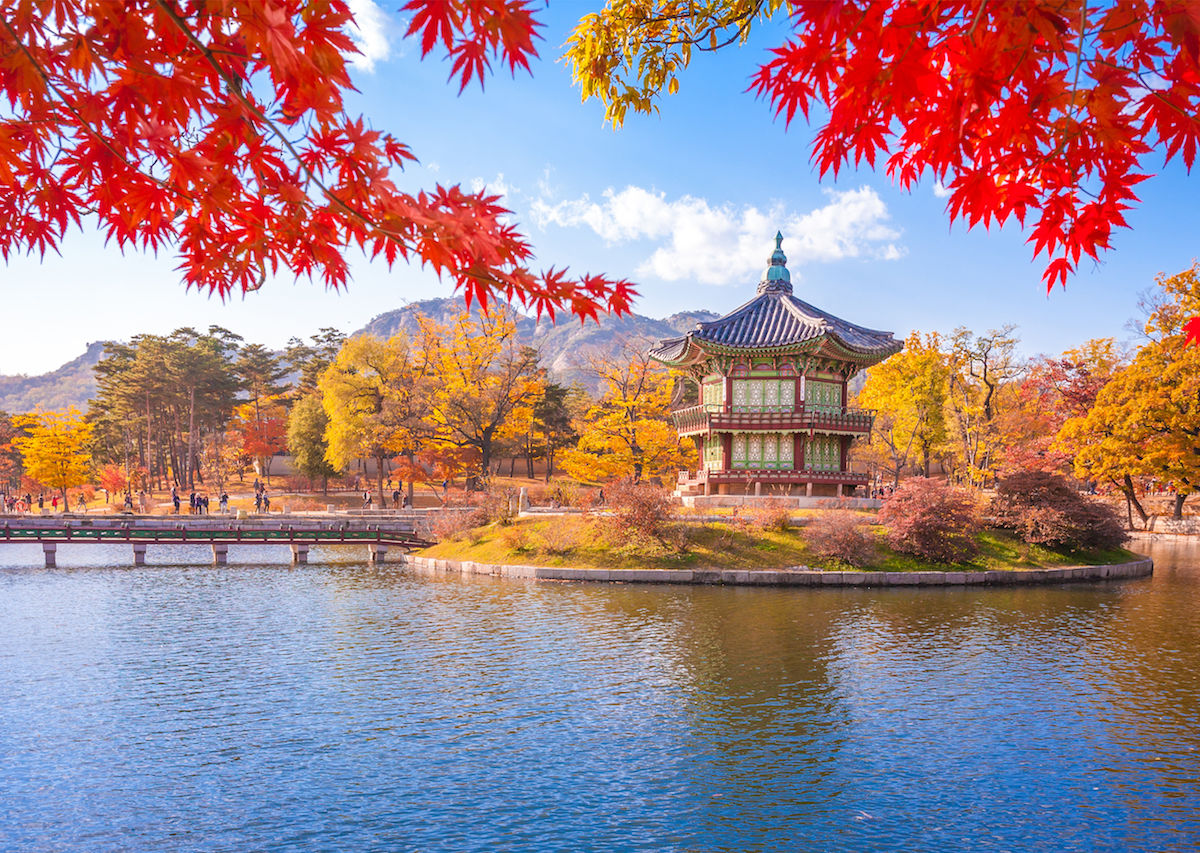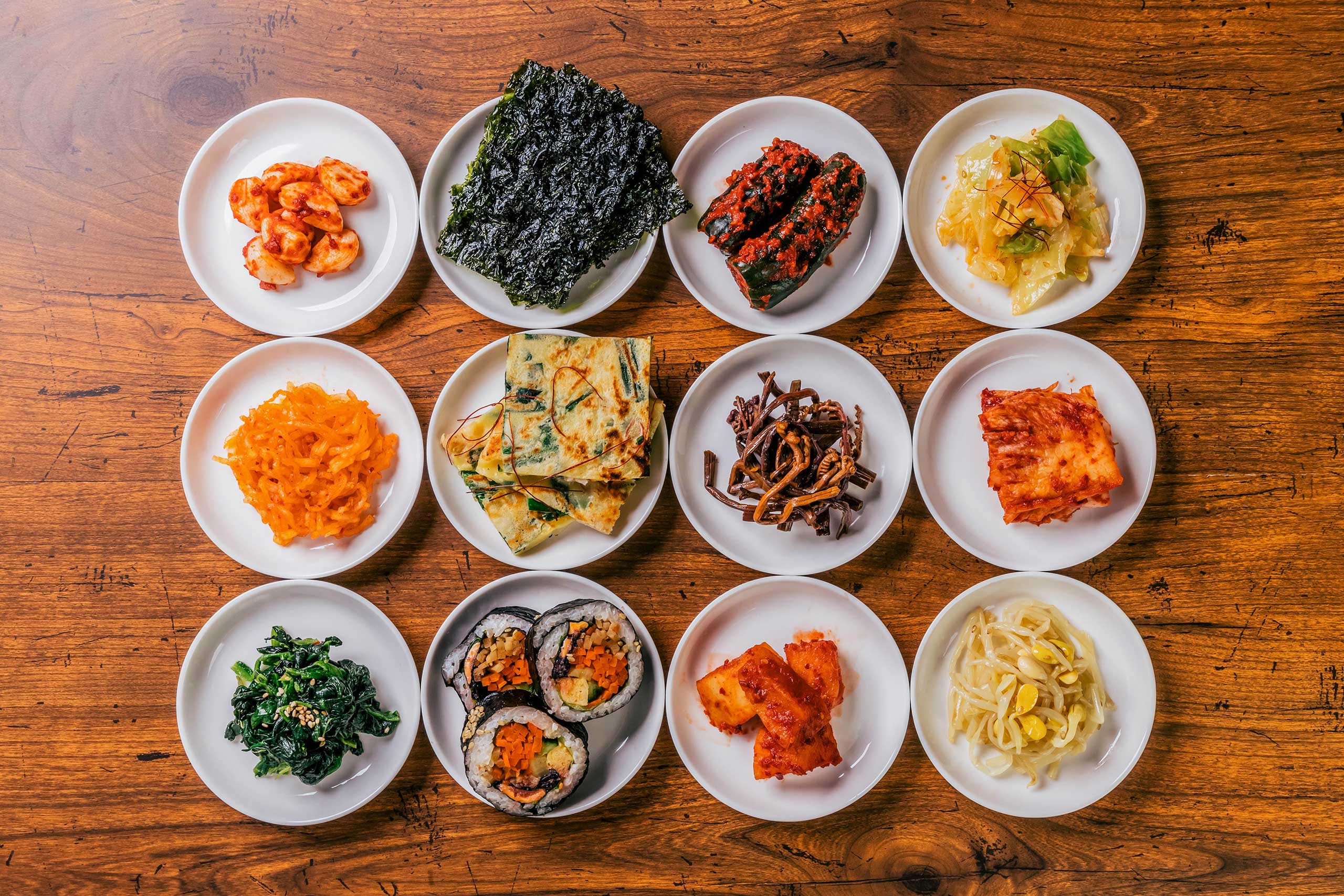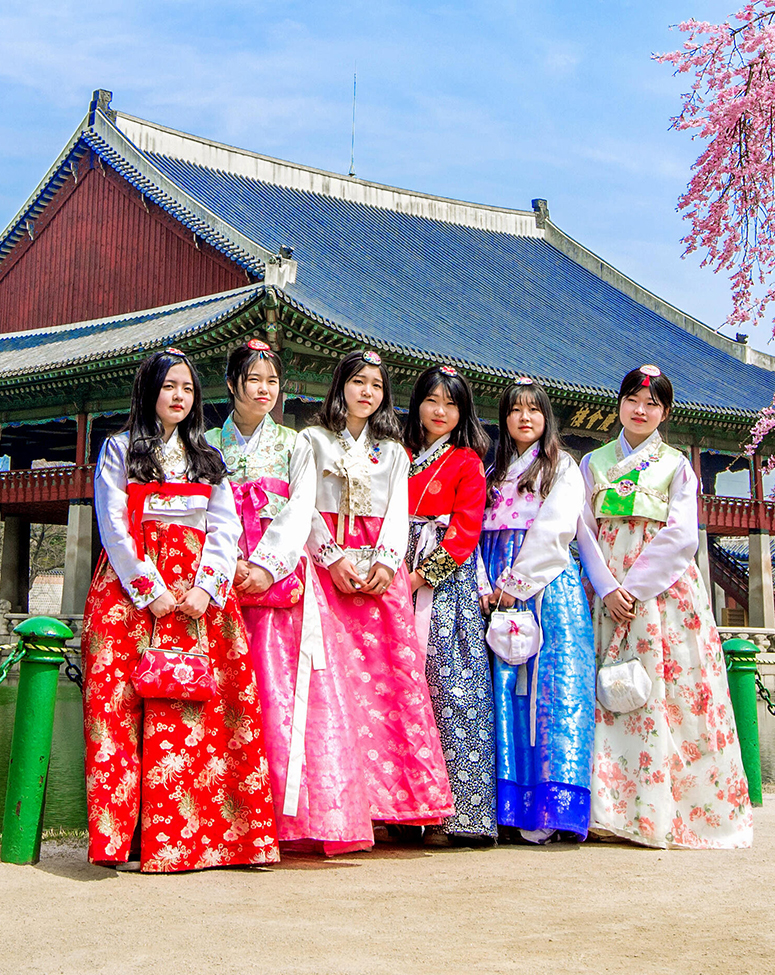Exploring the deep meaning of family connections in different cultures can be a truly eye-opening experience, and that, is that, especially when we consider how a "korean word father" holds such special weight. Every language carries a unique way of seeing the world, and the terms people use for family members, for example, often tell us a lot about their values and expectations. The word for father in Korea, whether it's the casual, warm sound or the more formal, respectful one, is so much more than just a label; it carries a whole bundle of feelings and responsibilities.
You see, these family ideas, they actually shape how people interact and how they view the wider world around them. It's almost as if the way we talk about our closest relatives sets the tone for everything else. Sometimes, these deep-seated cultural ideas can even lead to quite strong opinions, like those about products or even how people behave in public, you know, just a little.
It’s really fascinating to consider how these personal views, sometimes formed through brief encounters or general observations, influence our broader perceptions of a whole group of people. The way a culture expresses the role of a father, for instance, often mirrors broader societal values about authority, care, and guidance, and that, is that, it’s a good place to start.
Table of Contents
- What Does "Korean Word Father" Truly Mean?
- How Do Korean Movies Show a "Korean Word Father"?
- Cultural Impressions - Beyond the "Korean Word Father"
- Are Impressions of Korean Culture Always Fair?
- Finding a Sense of Home - Like a "Korean Word Father" Might Provide
- Wisdom and Belief - What Might a "Korean Word Father" Think?
- Building Community - A "Korean Word Father" and Shared Spaces
- The Importance of Connection - Echoes of a "Korean Word Father"
What Does "Korean Word Father" Truly Mean?
When we talk about the "korean word father," we are really talking about more than one way to say it, actually. There are a couple of main terms people use, and each carries its own set of feelings and proper situations. For instance, there is `아빠` (appa), which is a warmer, more informal way of speaking, often used by young children or within very close family circles. It feels quite loving, you know, and shows a comfortable bond. Then there is `아버지` (abeoji), which is the more formal and widely used term. This one carries a sense of respect and acknowledgment of the father's place in the family and in society. It's the term you would likely use in more formal settings or when speaking about your father to others outside your immediate family, or perhaps to an older relative. So, the choice of word itself tells you a lot about the relationship and the social expectations tied to it, really.
The role of a father in Korean culture, traditionally speaking, has often been seen as that of a provider and a figure of authority, a bit like a guiding hand for the family unit. This doesn't mean a lack of affection, but rather a different expression of it, one that might emphasize duty and care in a particular way. It's about setting an example and making sure the family is looked after, you know. This respect for elders, including the father, is a pretty important part of the overall cultural fabric. It shapes how family members interact with each other and how they see their place in the broader community. The way children are raised, the way decisions are made within the home, all of these things are, in a way, touched by the cultural understanding of what it means to be a father, and what it means to have a "korean word father" figure in one's life.
This emphasis on respect and the father's role can sometimes be seen in daily interactions, too. For example, the way people bow, or the way they speak to those older than them, often reflects this deep-seated cultural value. It's a system of social cues that, in some respects, helps keep things running smoothly and shows proper regard for everyone's place. The family unit, with the father often at its head, is quite central to Korean society, and that, is that, it forms a core part of personal identity for many. It's a connection that goes beyond simple blood ties; it's about shared history, shared responsibilities, and a mutual commitment to the well-being of the group, usually.
How Do Korean Movies Show a "Korean Word Father"?
You know, it's pretty interesting to see how South Korean directors, in their films, actually manage to create characters that feel so real to people from all over the world. They do a really good job with that, and it's something that stands out. When it comes to how a "korean word father" is shown on screen, it's rarely a simple picture. You often see father figures who are complex, with many layers to their personalities and their connections with their families. They might be portrayed as stern and demanding, someone who expects a lot, but underneath that, there's often a deep current of care and a desire for their children's success. This is, in a way, a reflection of the traditional role we talked about, where providing and guiding are key aspects.
Then again, you also find portrayals of fathers who are incredibly sacrificing, perhaps putting their own dreams aside to support their family, or going through great hardship for their children's benefit. These stories often highlight the idea of filial piety, which is a big deal in Korean culture – the idea of showing respect and devotion to one's parents. So, you might see a father who works tirelessly, or one who makes difficult choices for the good of the household. These depictions, in fact, make the characters feel very human and relatable, because, let's be honest, family struggles and sacrifices are something people everywhere can understand, more or less.
Sometimes, too, you'll see a father figure who is a bit more flawed, perhaps struggling with their own issues, or making mistakes. This kind of portrayal also adds to the relatability, because it shows that no one is perfect, and that even a figure of authority can have their weaknesses. These movies, they often explore the changing dynamics within families, how traditions meet modern life, and how the role of a "korean word father" might shift over time. It’s like watching a mirror of real life, where feelings are messy and connections are strong, and that, is that, it really draws you in. These stories, whether they are dramatic or funny, often come back to the fundamental importance of family bonds and the unique place a father holds within them, pretty much.
Cultural Impressions - Beyond the "Korean Word Father"
Moving beyond the specific term for father, it's worth thinking about how general impressions of a culture are formed, too. Sometimes, these ideas can be really strong, even to the point where they affect what products someone might choose to buy, or how they feel about a whole group of people. For example, some people might have a very negative view, feeling that a culture is ethnocentric or that its people might disrespect others. This kind of strong feeling can actually lead to someone saying things like they "can't ever imagine buying Korean products like Samsung, LG, etc." because they believe "they hate and disrespect others so." This is a very powerful sentiment, you know, and it shows how personal experiences or perceived slights can shape a person's entire outlook on a culture, even if it's based on very limited interactions.
On the other hand, there are also observations about Korean people being "less inhibited, sometimes quite loud and boisterous and lacking in social grace." This might seem like a criticism, but the same observation also notes that they "keep themselves and tend to" be a certain way. This suggests a kind of independence or a comfort in their own skin, which could be seen in different ways depending on your own cultural background. It just goes to show that what one person sees as a lack of social grace, another might see as a genuine expression of personality or a straightforward way of being. It's all about perspective, really, and how we interpret the actions of others through our own cultural lens. So, it's a bit of a mixed bag of impressions, you see, and that, is that, it highlights the rich variety of human behavior within any large group.
These varied impressions, they really highlight how complex any culture is. It's never just one thing, is it? Just as the "korean word father" has different layers of meaning, so too does the broader cultural experience. People's individual experiences and feelings can be quite strong, leading to very specific ideas about a place or its people. It's a reminder that we all bring our own backgrounds and expectations to every interaction, and that shapes what we see and how we feel about it. It’s important to remember that these are just observations, and not necessarily the full picture, you know, just a little. The richness of a culture often lies in its many different facets, some of which might surprise you.
Are Impressions of Korean Culture Always Fair?
It's a pretty big question, isn't it, whether the ideas we form about a culture are always fair? Sometimes, a single bad experience, or maybe even something heard second-hand, can really color someone's entire view. For instance, the feeling that one's "impression of the culture" has been "wrecked" due to a belief that people "hate and disrespect others" is a very strong and personal reaction. This kind of feeling can lead to a complete rejection of products, like Samsung or LG, which are, in fact, global brands. It shows how deeply personal feelings can affect even commercial choices. It’s almost as if the perceived behavior of some individuals is then applied to an entire nation, which, you know, is a bit of a leap, really.
Then there are those observations that describe people as "less inhibited, sometimes quite loud and boisterous and lacking in social grace." This might sound like a criticism, and in some contexts, it could be. However, it also notes that they "keep themselves." This suggests a certain comfort in their own way of being, perhaps not feeling the need to conform to external expectations of politeness that might be common in other places. What one person calls a lack of social grace, another might simply see as directness or a natural expression of emotion. It’s a matter of cultural interpretation, isn't it? So, it’s not always a clear-cut judgment, and that, is that, it depends on where you're standing, basically.
The truth is, impressions are often based on limited information or personal biases. Just as the "korean word father" carries different shades of meaning depending on the situation, so too does the broader experience of a culture. No group of people is a single, uniform entity. There's a huge range of personalities, behaviors, and beliefs within any population. So, while someone's personal experience is certainly valid for them, it might not represent the whole truth about a culture. It's like looking at just one piece of a very large and detailed picture, you know, and trying to understand the whole thing from that one piece. It's pretty hard to get a full and balanced view that way, actually.
Finding a Sense of Home - Like a "Korean Word Father" Might Provide
Imagine moving to a completely new place, perhaps even back to a city you once knew, like Chicago, but with a family member who doesn't speak the local language very well. That can be a pretty big adjustment, can't it? There's a mention of a Korean friend who "recently moved back to Chicago and are renting downtown," and their "wife does not speak English very well and likes the" idea of finding a comfortable place. This really highlights the importance of community and finding a sense of belonging when you're in a new environment. It's like looking for that feeling of security and care that a "korean word father" figure might typically provide within a family, you know, a place where you feel understood and supported.
For many people, finding familiar cultural elements can make a huge difference in feeling settled. This is where places like Koreatown come into play. There's a detailed profile of "Koreatown (Wilshire Center) neighborhood, Los Angeles, California (CA), 9000
 The Silent Force In Smart Computing
The Silent Force In Smart Computing


